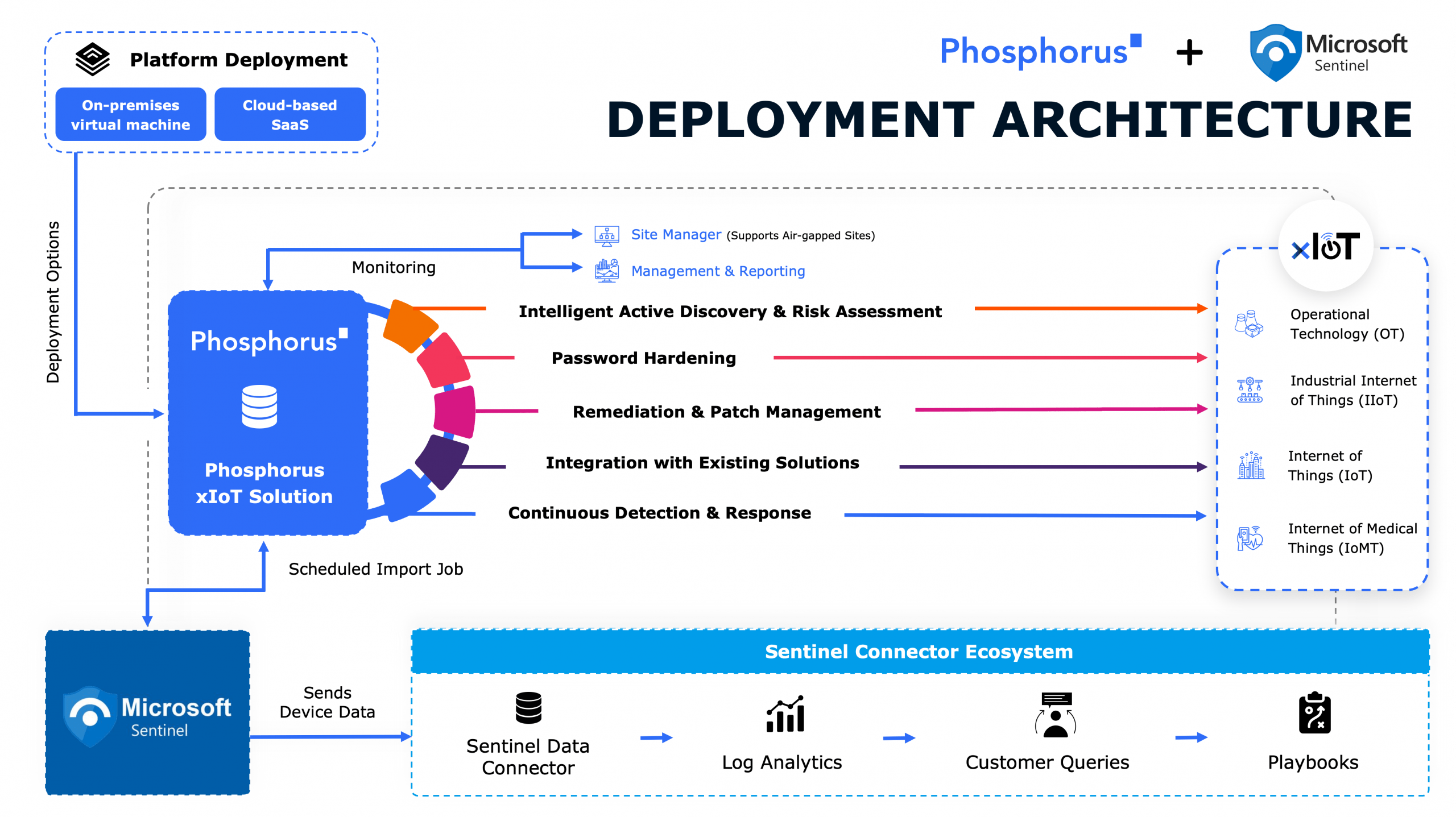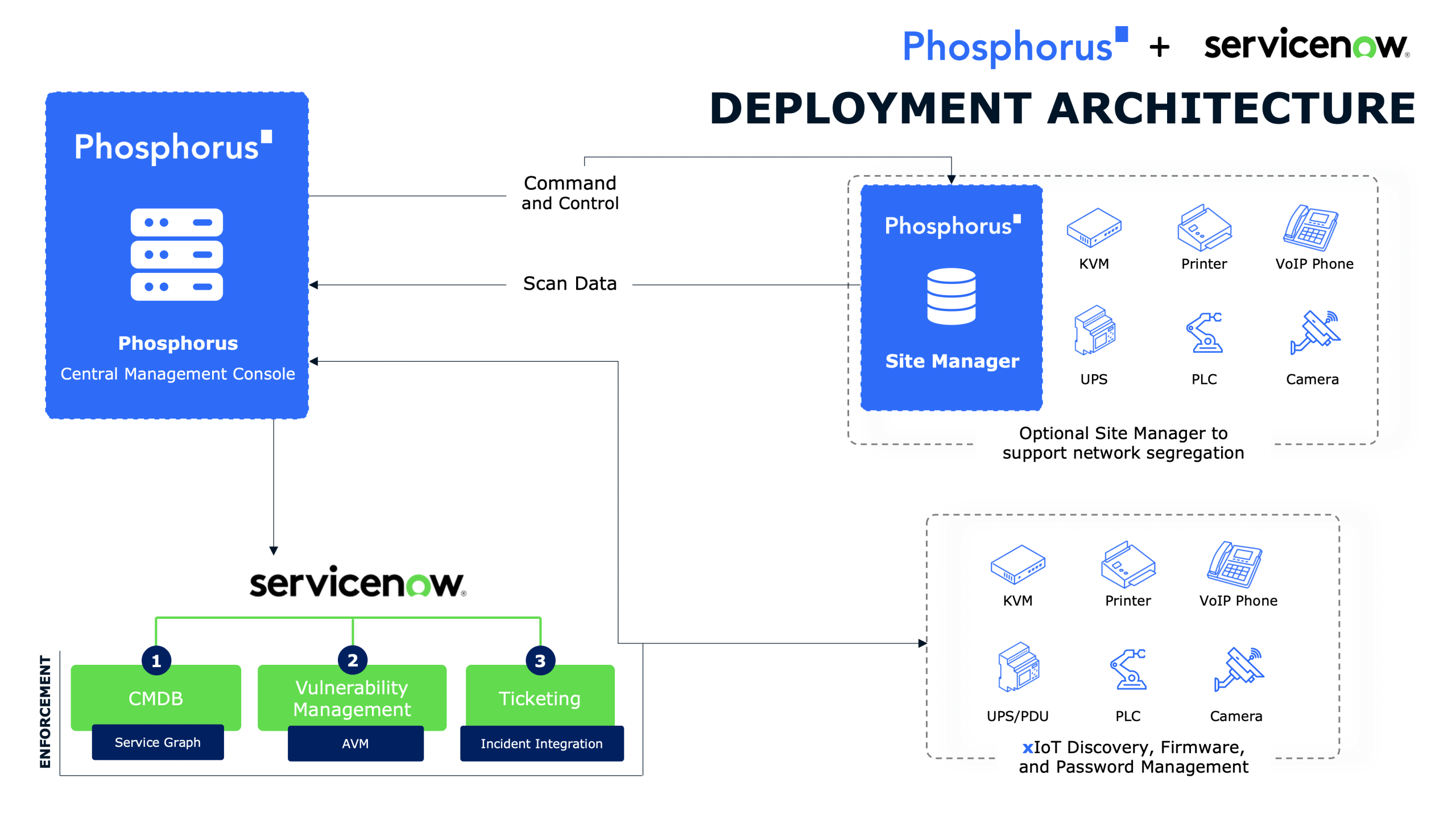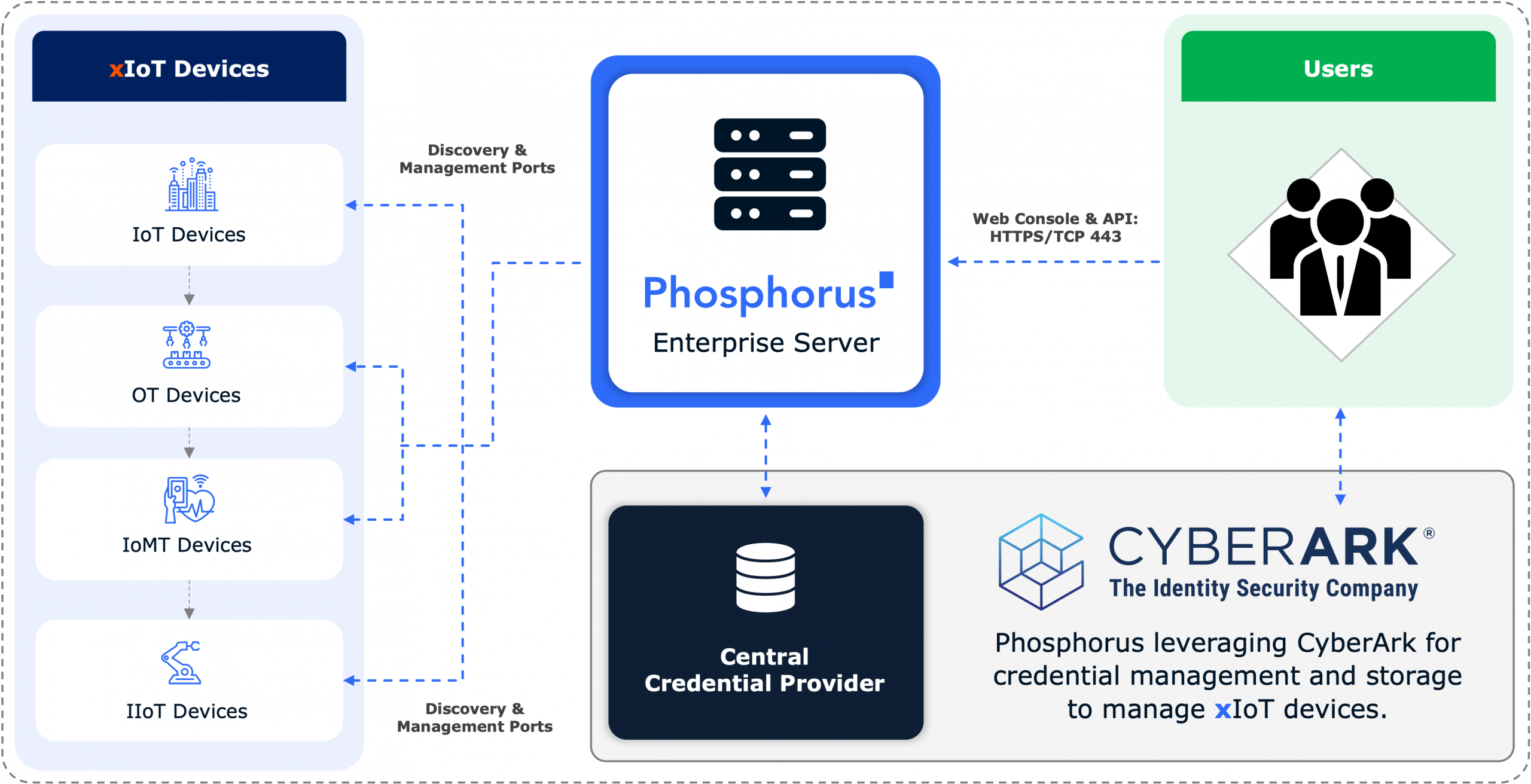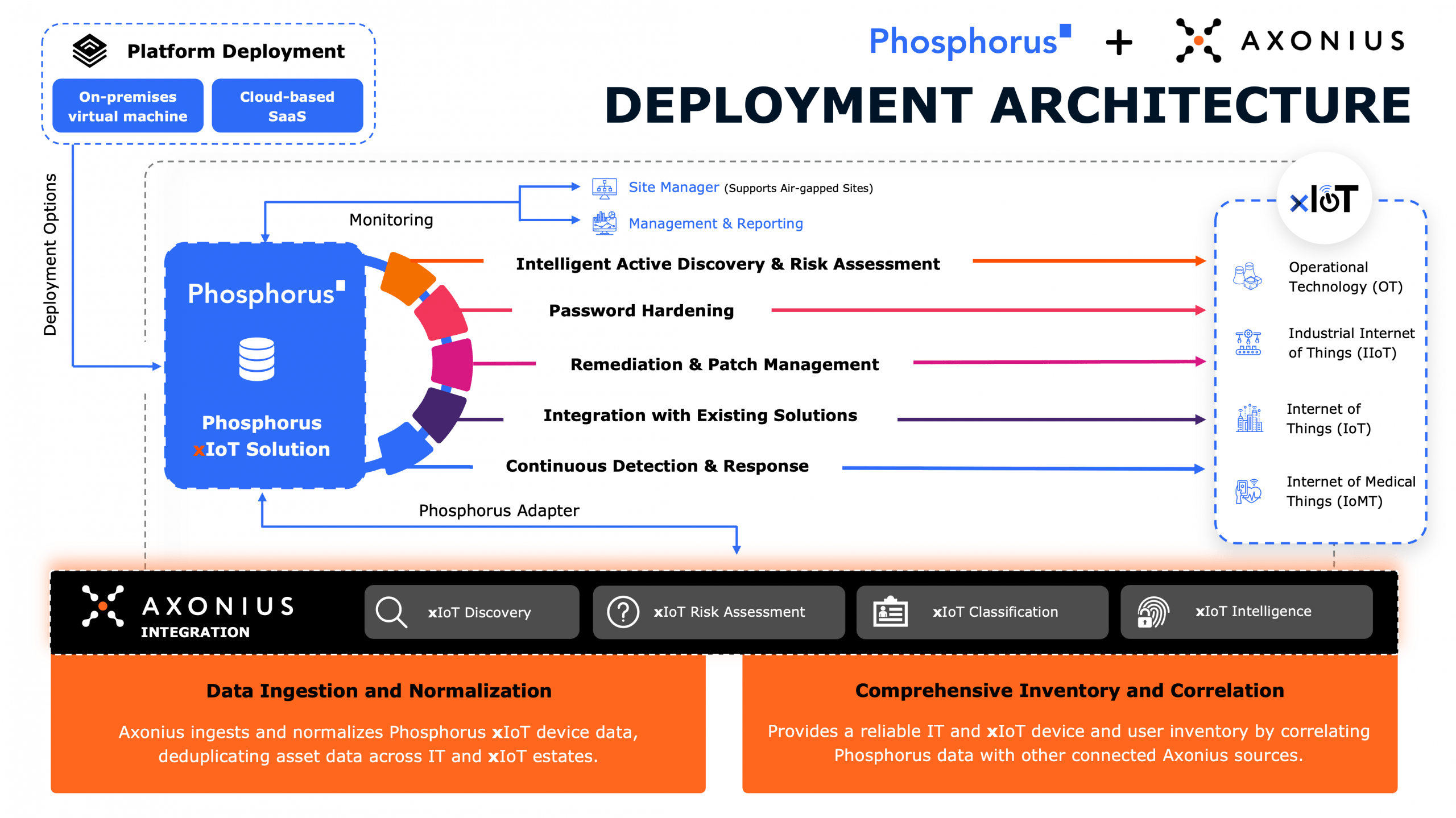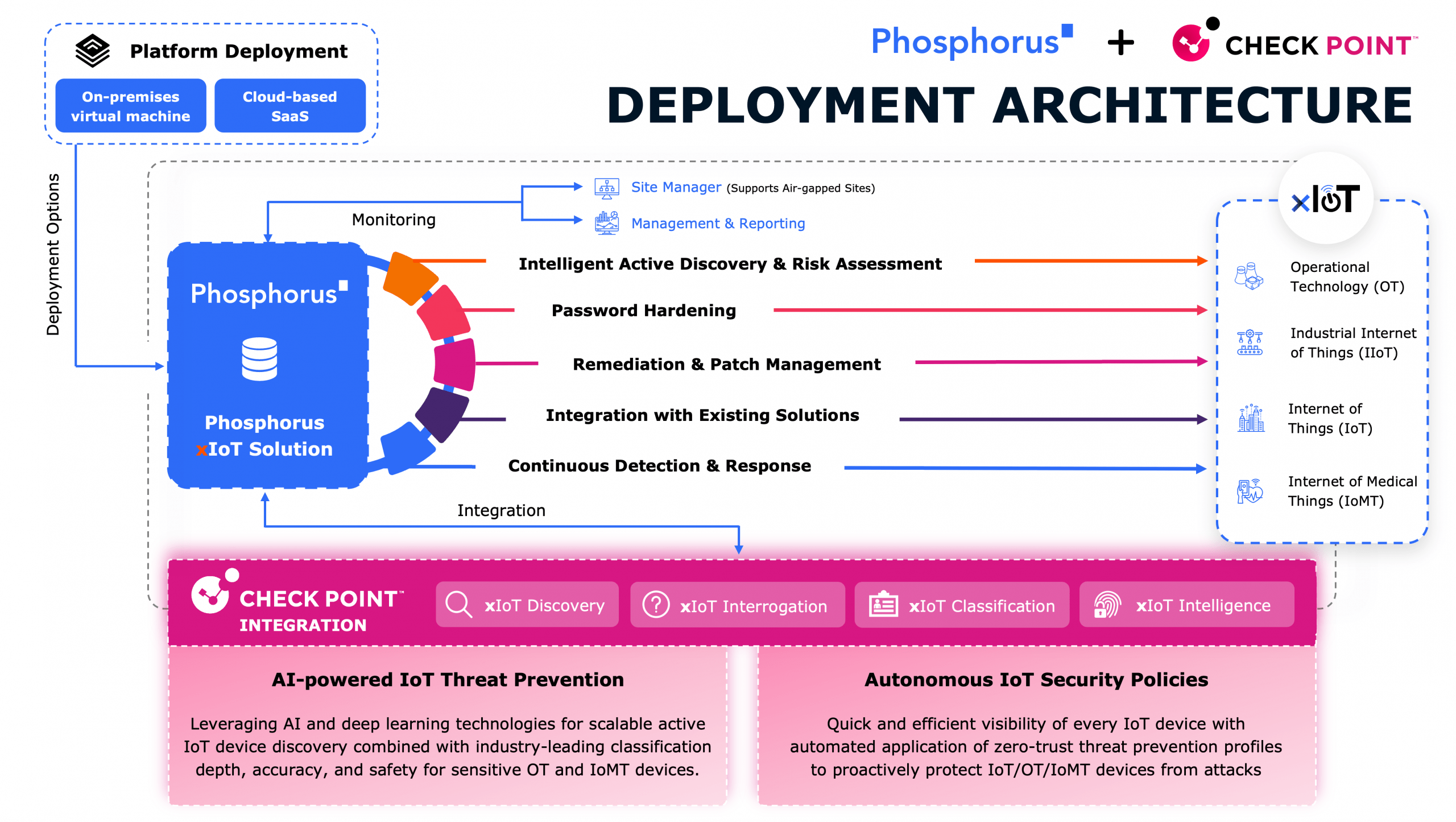
Even as U.S. government agencies contemplate a ban on TP-Link routers, two-thirds of Americans in consumer and small business rely on the Chinese brand for Wi-Fi delivery. Despite TP-Link having only two vulnerabilities listed in the Cybersecurity and Infrastructure Security Agency’s Known Exploited Vulnerabilities catalog—significantly fewer than some competitors—officials say they are concerned about potential undisclosed risks and the company’s ties to the Chinese government. Considerations have been made recently in other areas of technology, like automotive software. This move appears to be driven more by geopolitical considerations than by specific cybersecurity threats.
Sonu Shankar, Chief Product Officer at Phosphorus Cybersecurity, emphasized in a statement to Dark Reading that nation-state actors exploit vulnerabilities in devices from companies worldwide, not just those from specific countries. He noted that devices lacking basic security measures, such as strong passwords and timely firmware updates, are particularly susceptible to cyberattacks. Shankar advised that adopting fundamental security hygiene is crucial for both businesses and consumers to defend against opportunistic and sophisticated attacks.











